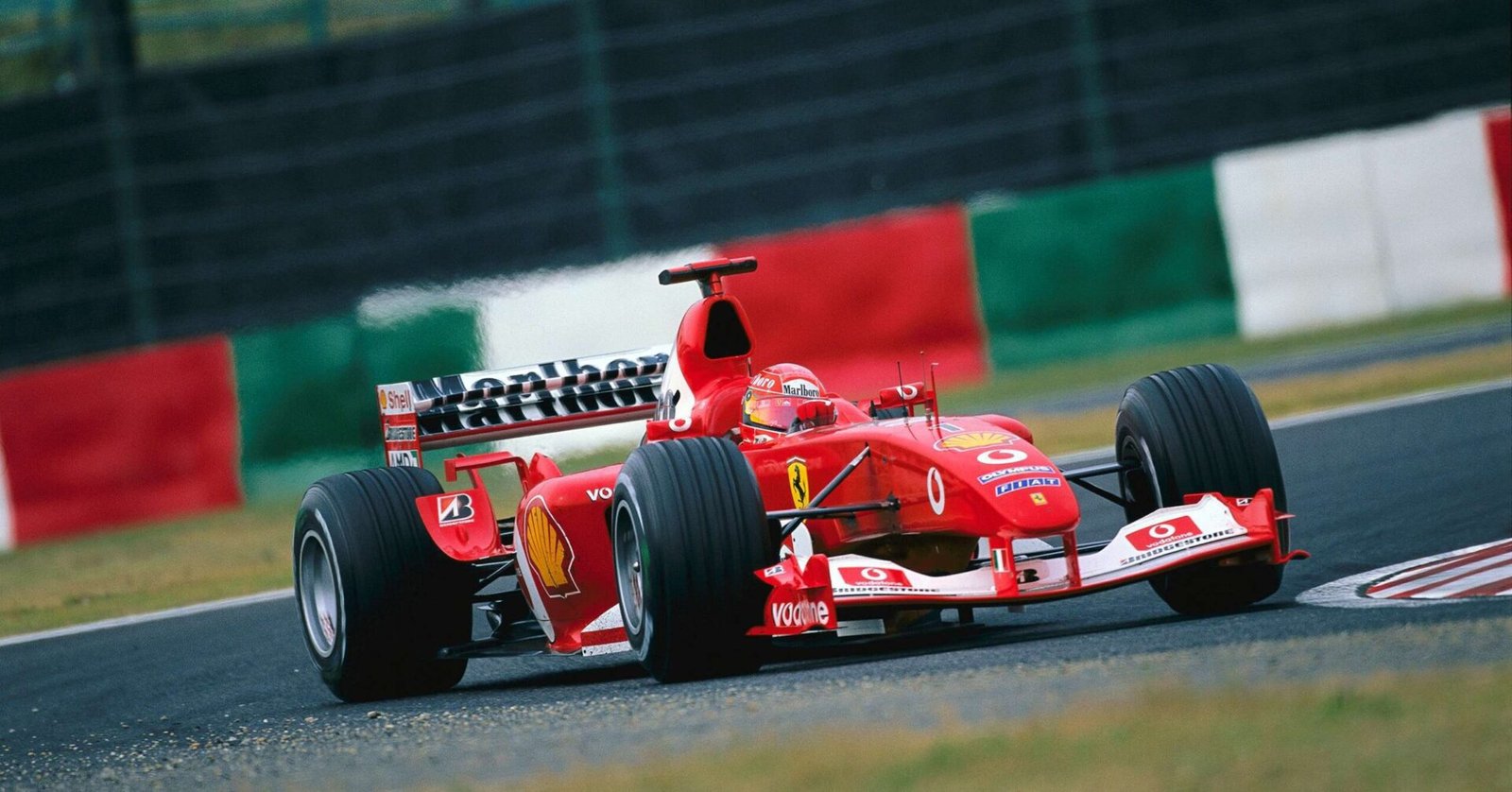The FIA has been interested in bringing back fan-favourite V10 engines that run on sustainable fuel to F1. V10s haven’t been heard screaming around corners since the end of the 2005 season, but FIA President Mohammed Ben Sulayem had touted their return. The governing body even set up a task team to test if bringing back V10s would be possible.
The FIA set up a meeting at the Bahrain GP to speak with teams about this possibility. However, the idea was pushed back, and the 2026 engine regulations will continue for the whole cycle. But what does this mean for the return of V10 engines?
F1 to keep the 2026 engine regulations as planned
On Friday morning at the Bahrain GP, the FIA met with all the engine manufacturers to discuss the idea of V10 engines returning before 2031. At the meeting, the idea was rebuked, mainly by Audi and Honda. Honda was due to quit F1, but the new regulations made them stay in the sport. One of Audi’s reasons to join F1 was the new engine rules, something they want to stick by.
A spokesperson from Audi said: “Audi remains fully committed to entering Formula 1 from 2026 onwards, with power unit technology built around three key pillars: highly efficient engines, advanced hybrid electrification, and the use of sustainable fuels.”
FIA to Outline Roadmap for V10 Return to F1 in Discussions with Manufacturers
During the meeting, Ferrari and Red Bull were reportedly in favour of V10 engines returning, but they were outvoted. This means V10 engines won’t make a comeback in the near future. However, having V10 engines powering F1 cars again before 2031 is not fully off the table. It would need an unlikely majority vote, but if the FIA can convince teams, there could be a narrow chance.
Christian Horner praises “productive” meeting
Red Bull team principal Christian Horner has claimed the meeting went well when discussing F1 engines’ next steps. However, he threw cold water on the idea of engine regulation changes before the new cycle.
Speaking to Sky Sports F1, Horner said: “It was a very cordial, productive meeting with the FIA president asking for feedback about what the next generation of engine should look like. Obviously, 2026 is absolutely fixed, but thinking a little further down the line, what is the right trajectory for Formula 1? 2028 is pretty much impossible.”
Reports claim Red Bull favoured bringing back V10 engines to F1. It was the engine that powered the first car in the sport back in 2005, and there are many pros to reintroducing it. It is lighter than the current hybrid system and would cost less.
The Biggest Challenge for F1 and the FIA to Bring Back V10 Engines
However, some issues need to be sorted out before it gets the green light. As refueling is now banned, V10s would need to be made larger for the increased loads. A larger fuel tank would also need to be implemented in the cars, as the V10s have higher fuel consumption than the V6 engines. If the FIA are set on bringing back V10s, they need to get on top of these issues.












